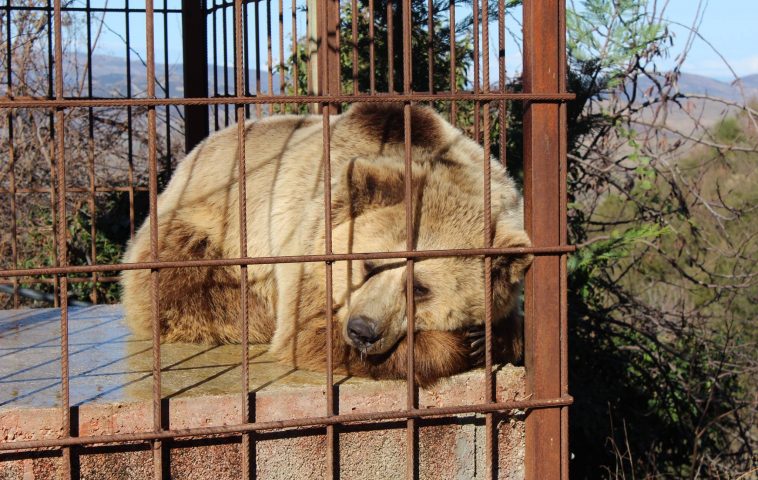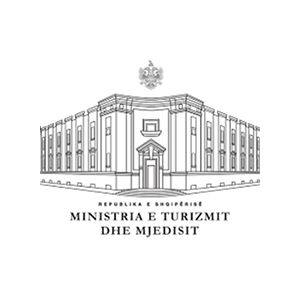Genti Kromidha, GREEN27
“Daddy, why did they put the animals in prison here” – my daughter asked me while we were having lunch in one of the restaurants around Tirana.
Just one night ago, it happened that I was preparing the evaluation report on the level of approximation and implementation of the European Directive on Zoos, within the Green27 project, supported by the SANE27 program. The European Union has drafted a directive laying down rules for the establishment, licensing and management of zoos with the main aim of ensuring ex-situ conservation of wildlife species as well as supporting public education and research.
Unfortunately the approximation of this directive into the Albanian legislation is at an initial level. In 2016, the Minister of Environment adopted a regulation on the treatment of wild fauna species in zoos or other environments where animals are exposed to the public, which approximates some of the requirements of this directive.
However, this regulation does not have a precise definition of zoos and does not specify which is the competent authority for the implementation of this directive. It does not clarify the process of licensing and controlling the operation of zoos or other facilities where animals are exposed to the public as well as the rules for the treatment of animals in these facilities.
Since the transposition is at an initial stage, it is pointless to talk about the implementation of this directive in Albania. The lack of clear licensing procedures means that there is not any licensed Zoo in Albania, according to EU criteria. This includes what the inhabitants of Tirana commonly call the Zoo and which is managed by the municipality of Tirana. Minimum technical references for the construction of such facilities are lacking to ensure the safe conservation and welfare of wildlife.
The dissonance of institutions responsible for wildlife protection, which includes specialized institutions such as the State Inspectorate for Territorial Protection, the National Agency for Protected Areas, as well as the Municipal Police and the State Police, lacks a clear division of roles and responsibilities, as well as clear procedures to be followed for inspecting and controlling environments where animals are exposed to the public. In addition, these institutions do not have the necessary knowledge and capacity to implement the requirements of the Zoo directive.
None of the many facilities in Albania where wildlife is exhibited, the so-called “Zoos” or “Safari Parks”, in restaurants or other private facilities, including the Tirana Zoo, fail to meet the main objectives of creating zoos according to the European Directive, which are the conservation of wildlife species and the education of the public on their importance as precious elements of biodiversity. Not to mention the “inhumane” conditions in which wildlife are kept in these facilities.
Environmental civil society organisations have often raised their voices and denounced many cases of keeping wildlife in inappropriate environments. And they will continue to do this work tirelessly. But it is necessary for law enforcement institutions to take appropriate measures and properly punish violators.
The improvement should start with the Tirana Zoo, which if should continue to exist, should be an example of wildlife treatment and serve the education of the citizens of Tirana, especially the younger generation, with love and respect for wildlife . Environmental associations are ready to provide their assistance and knowledge to support the Municipality of Tirana and the Ministry of Tourism and Environment in the proper implementation of the Zoo Directive, by designing specific education activities and wildlife conservation programs.
…
This is what I had written in my report the night before. But now I have to find the words to answer my daughter “Why do they put animals in prison here?”
3




